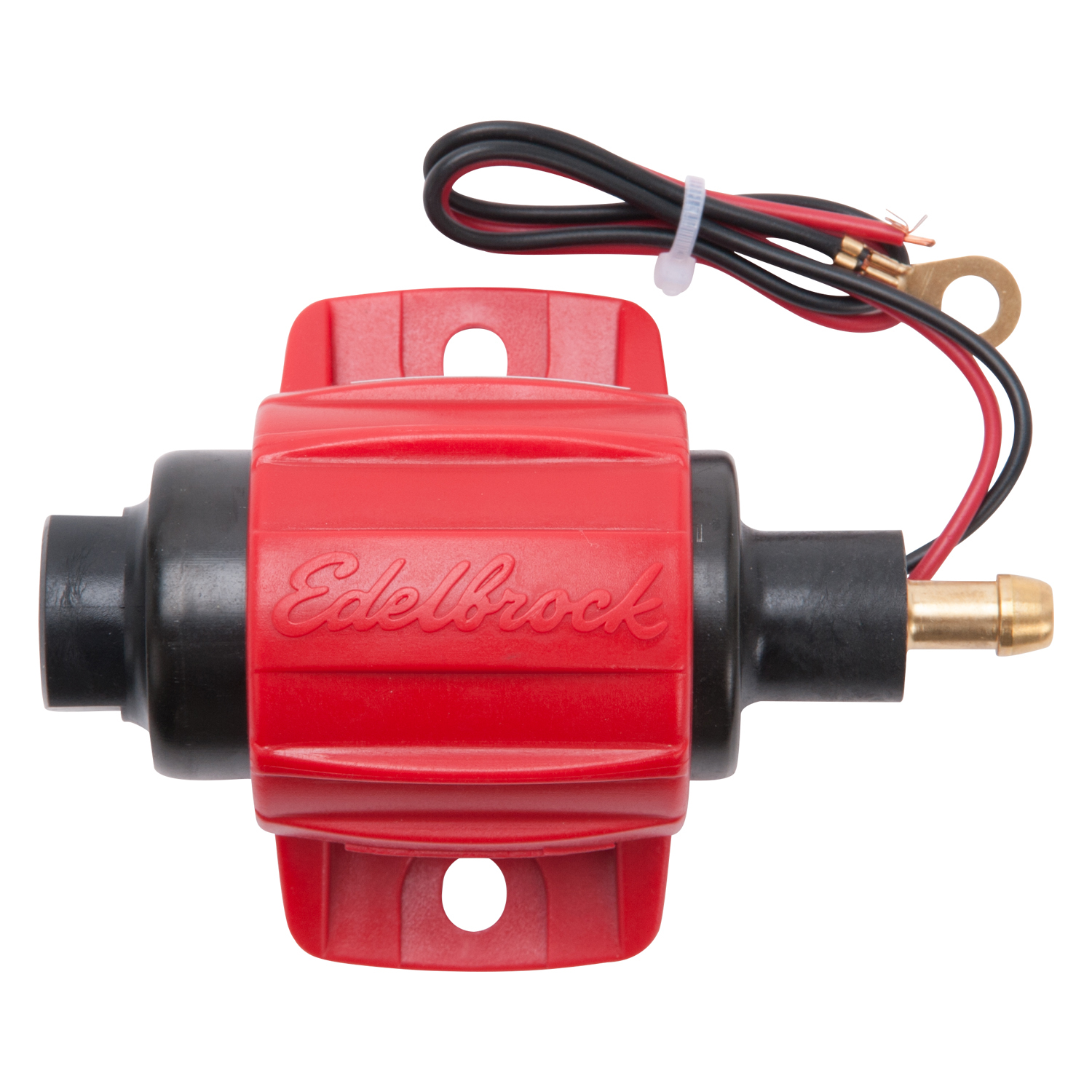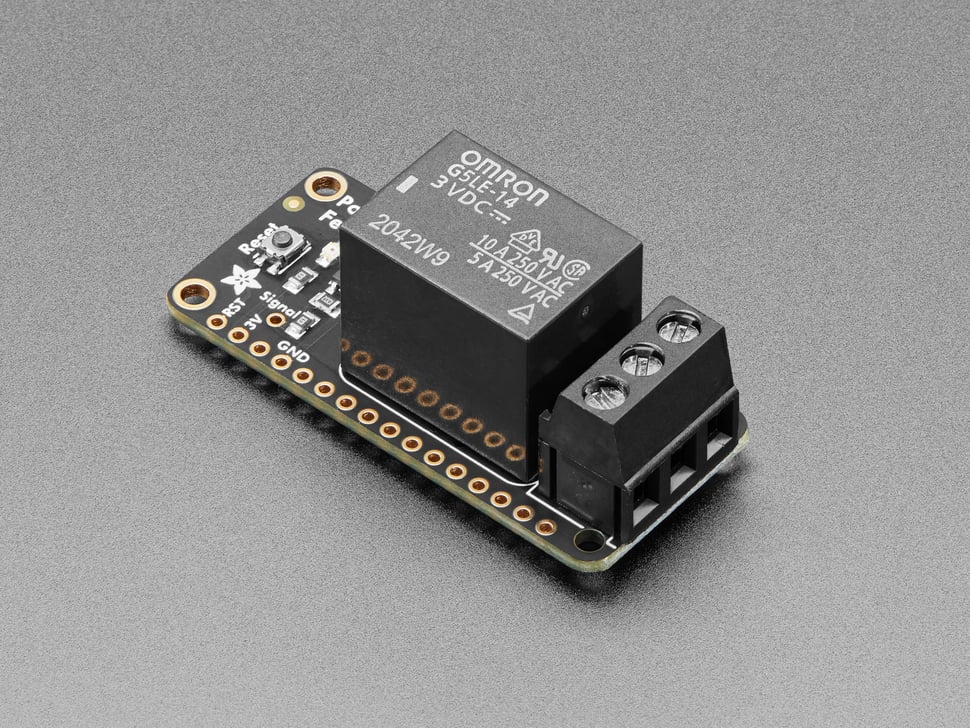Mechanical pumps play a crucial role in various industries, ensuring the smooth flow of liquids and gases. However, encountering issues with a mechanical pump, such as it not pumping, can be frustrating and disruptive to operations. In this comprehensive guide, we will delve into the reasons behind a non-functioning mechanical pump and provide practical solutions to address the problem effectively.
- Insufficient Prime:
One common reason for a mechanical pump not pumping is insufficient priming. Priming refers to the process of filling the pump and suction line with the fluid to create a vacuum and initiate pumping. Insufficient priming can occur due to air leaks, low fluid levels, or improper priming techniques. To resolve this issue, we recommend checking for leaks, ensuring an adequate fluid level, and following proper priming procedures. - Clogged Impeller or Suction Line:
Another potential cause for a non-functioning mechanical pump is a clogged impeller or suction line. Over time, debris, sediment, or foreign objects can accumulate and obstruct the flow, leading to reduced or no pumping. Regular maintenance and inspection are crucial to prevent clogging. If a clog is detected, it is essential to clean or replace the impeller and clear the suction line to restore proper pump functionality. - Mechanical Failure:
Mechanical failure, such as a broken shaft, worn-out bearings, or damaged seals, can also result in a mechanical pump not pumping. These issues can arise from excessive vibration, improper lubrication, or prolonged usage without maintenance. To address mechanical failures, it is necessary to conduct a thorough inspection, identify the faulty components, and replace or repair them accordingly. - Incorrect Pump Installation or Configuration:
Improper pump installation or configuration can hinder its performance and lead to a non-functioning state. Factors such as incorrect alignment, inadequate support, or incorrect piping connections can disrupt the pump's operation. It is crucial to ensure that the pump is installed correctly, following the manufacturer's guidelines and industry best practices. Additionally, verifying the pump's configuration, including motor speed, impeller size, and discharge pressure, is essential for optimal performance. - Inadequate Power Supply:
Insufficient power supply can also be a reason for a mechanical pump not pumping effectively. Voltage fluctuations, inadequate wiring, or incorrect power connections can impact the pump's ability to function optimally. It is recommended to check the power supply, voltage stability, and wiring connections to ensure they meet the pump's requirements. Consulting an electrician or pump specialist may be necessary to resolve power-related issues.
Conclusion:
A non-functioning mechanical pump can disrupt operations and cause significant inconvenience. By understanding the potential causes behind a pump not pumping and implementing the appropriate solutions, you can restore its functionality effectively. Regular maintenance, proper installation, and adherence to manufacturer guidelines are crucial to ensure the smooth operation of mechanical pumps, minimizing downtime and maximizing productivity.



